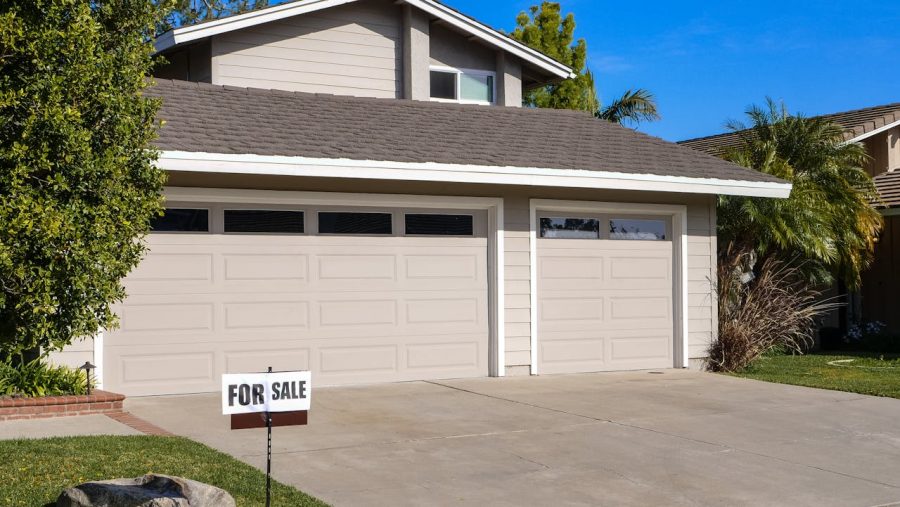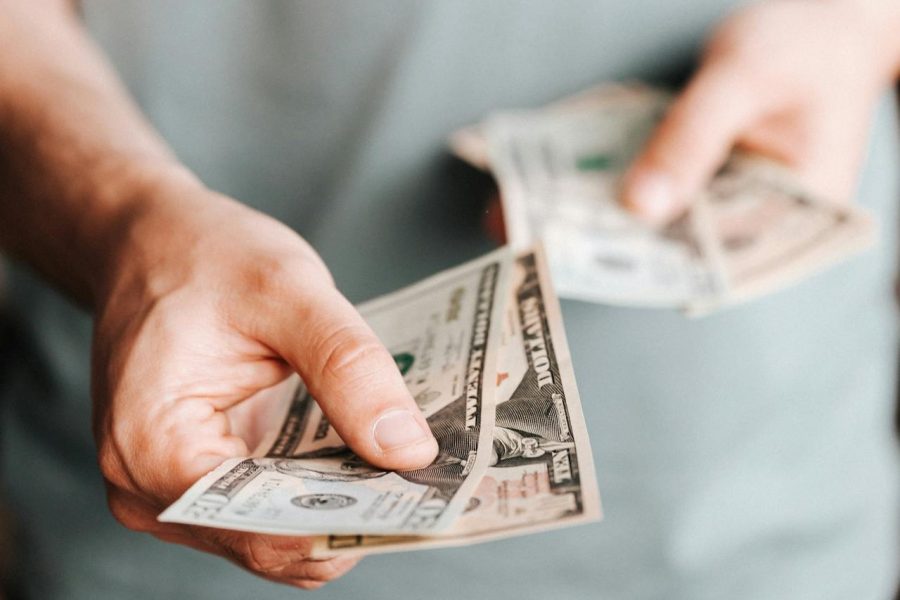Leonard Fournette took a knee…
Terrell Suggs took a knee…
Every fellow Ravens and Jaguars took a knee at a game played in London as well.
Before the Lions met the Falcons in Detroit, Rico LaVelle sang “The Star-Spangled Banner.” And then he too took a knee too. It seems every NFL game featured on Sunday demonstrated some kind of gesture against Donald Trump.
The US president has been vocal about American football players who protested during the national anthem ever since the former San Francisco 49ers quarterback Colin Kaepernick first took the knee in 2016.
This is an @AP_NFL picture of #Seahawks CB Jeremy Lane sitting in protest during the national anthem tonight pic.twitter.com/AKOltqYJrt
— Ian Rapoport (@RapSheet) September 2, 2016
29-year-old Colin Kaepernick started kneeling during the anthem. “I am not going to stand up to show pride in a flag for a country that oppresses black people and people of color,” Kaepernick told. “To me, this is bigger than football and it would be selfish on my part to look the other way. There are bodies in the street and people getting paid leave and getting away with murder.”
Kaepernick’s 49ers teammates, Eli Harold and Eric Reid, also took a knee as well as The Beaumont Bulls, high school team. When President Trump mocked the notion of athletes engaging in the politics during a rally it soon became a national movement two months ago when Colin Kaepernick was first spotted sitting down as the Star Spangled Banner was sung at a preseason NFL game.
In a relatively short span of time, his protest of racial injustice and police brutality in the United States, has captivated the nation and sparked a discussion not only about the state’s race relations in U.S., but also about what it means to be a patriot.
View this post on InstagramA post shared by Oakland School District (@ousdnews) on
Until now, at least 49 NFL players from 13 NFL teams have knelt, sat or raised their fist during the anthem before the game. Three teams have also linked arms or held their hands as a sign of unity in the midst of racial discord.
Fourteen NBA players have also become part of these protests. Star soccer player Megan Rapinoe took a knee during the national anthem before a NWSL game, and then later when he was representing the U.S. national team. Gold medal swimmer Anthony Ervin has also raised his fist as the anthem was played during a meeting in Brazil. Eight NBA teams have also joined their arms in unity along with several national anthem singers who are also taking a knee and becoming part of the movement against Unfair Treatment of People of Color in America.
Perhaps, so far, the most significant protests have occurred during the national anthem at 43 colleges, 52 high schools, one middle school, and two youth leagues in 35 states across the nation and three nations abroad.
This movement has inspired far more than a controversy — they’ve inspired debates among people of all races,ages, and backgrounds. Thad Matta, the head coach of the Ohio State men’s basketball team, told reporters that he’s going to stir locker room conversations about the state of race relations in today’s society this season.
These protests have also inspired action engaging many players and teams to take concrete measures to improve things in their communities.
However, these peaceful protests have not come without a price; several children as young as 11 have received death threats while several professional players have lost support making a youth football team cut its season short due to this movement.
Former president, Barack Obama, has also become part of this movement by defending an American football player who refused to stand during the national anthem in protest over the racial discrimination in U.S., saying its his constitutional right to raise “legitimate issues”. He also said Kaepernick “cares about some real, legitimate issues”.
“Sometimes [protest is] messy and controversial and it gets people angry and frustrated,” Obama said. “But I’d rather have young people that are engaged with the argument and trying to think through how they can be part of our democratic process than people that are just sitting on the sidelines and not paying attention at all.”
Still, nearly every day, a lot of athletes from different age groups take a knee during the anthem at sporting events, and there is no such indication that they will stop anytime soon.










